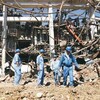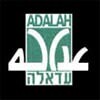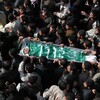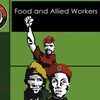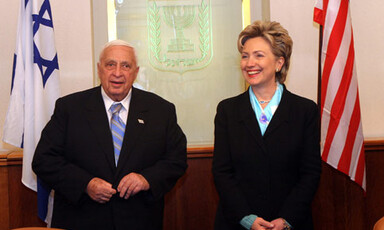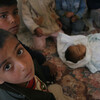
Four More Killed in Clashes between Armed Groups and Security Forces
28 January 2007
Four people were killed, including a child, and six others injured in the continued fighting between Fatah and Hamas supporters in Gaza and Jabalia. PCHR’s preliminary investigation indicates that at approximately 07:00 on Sunday, 28 November 2007, armed clashes resumed between members of the Preventive Security Apparatus and the Interior Ministry Executive Force. The clashes continued for nearly an hour and resulted in the injury of Abed Rabbo El-Khalidi (a 55-year-old policeman from Sheikh Radwan Quarter in Gaza City). He was on his way to work when he was injured. It is noted that clashed erupted between both sides last evening, but no injuries were reported. Read more about Four More Killed in Clashes between Armed Groups and Security Forces
